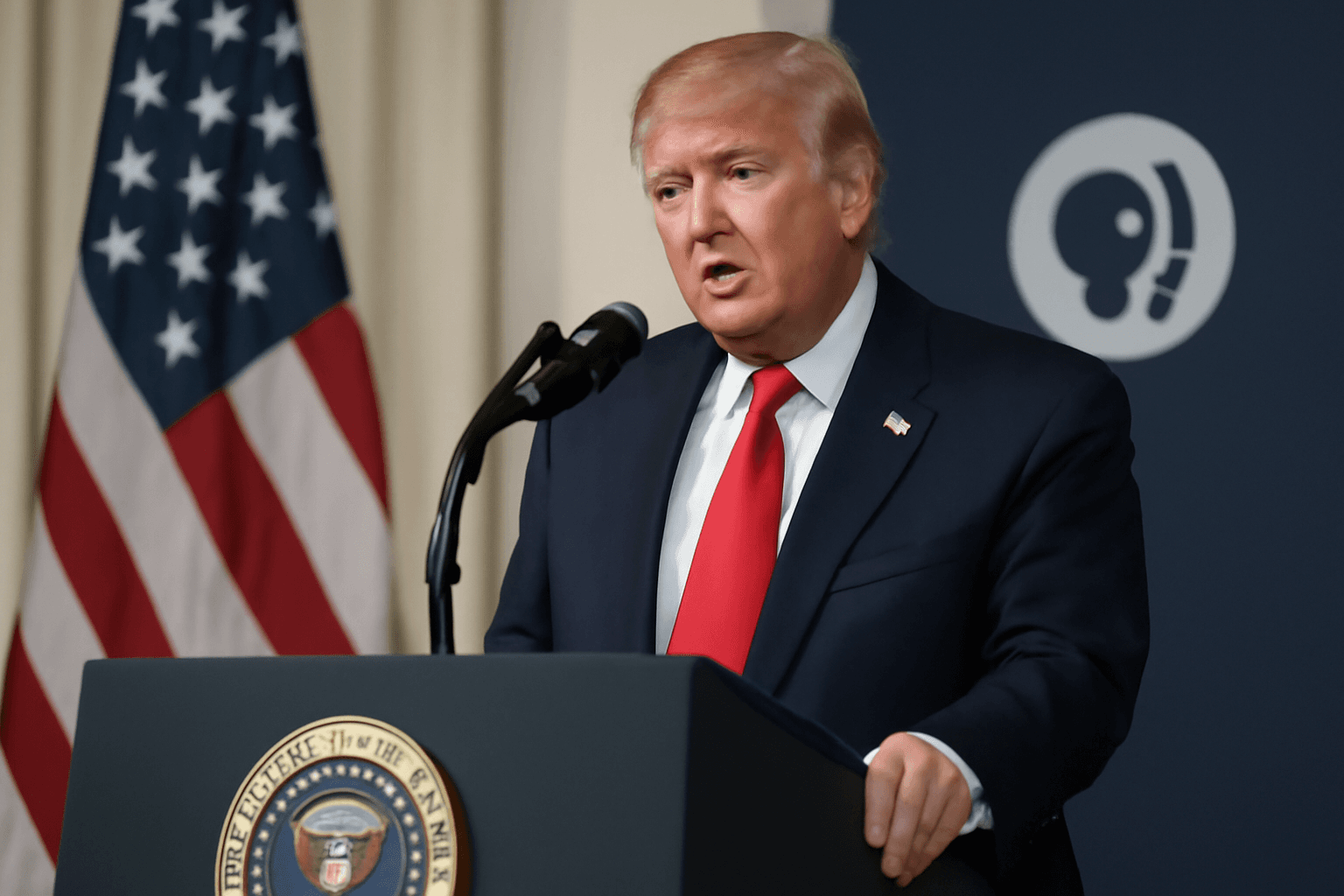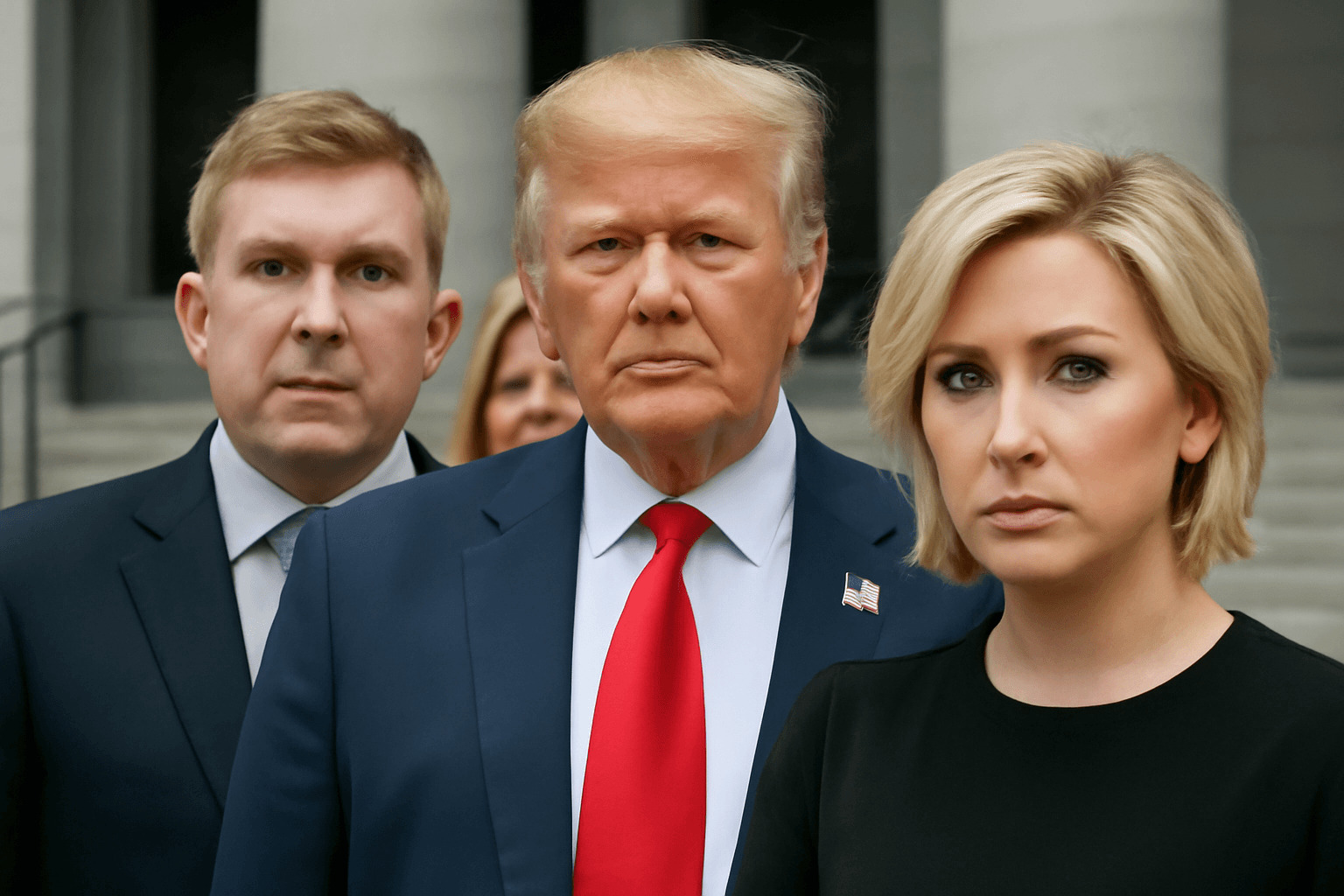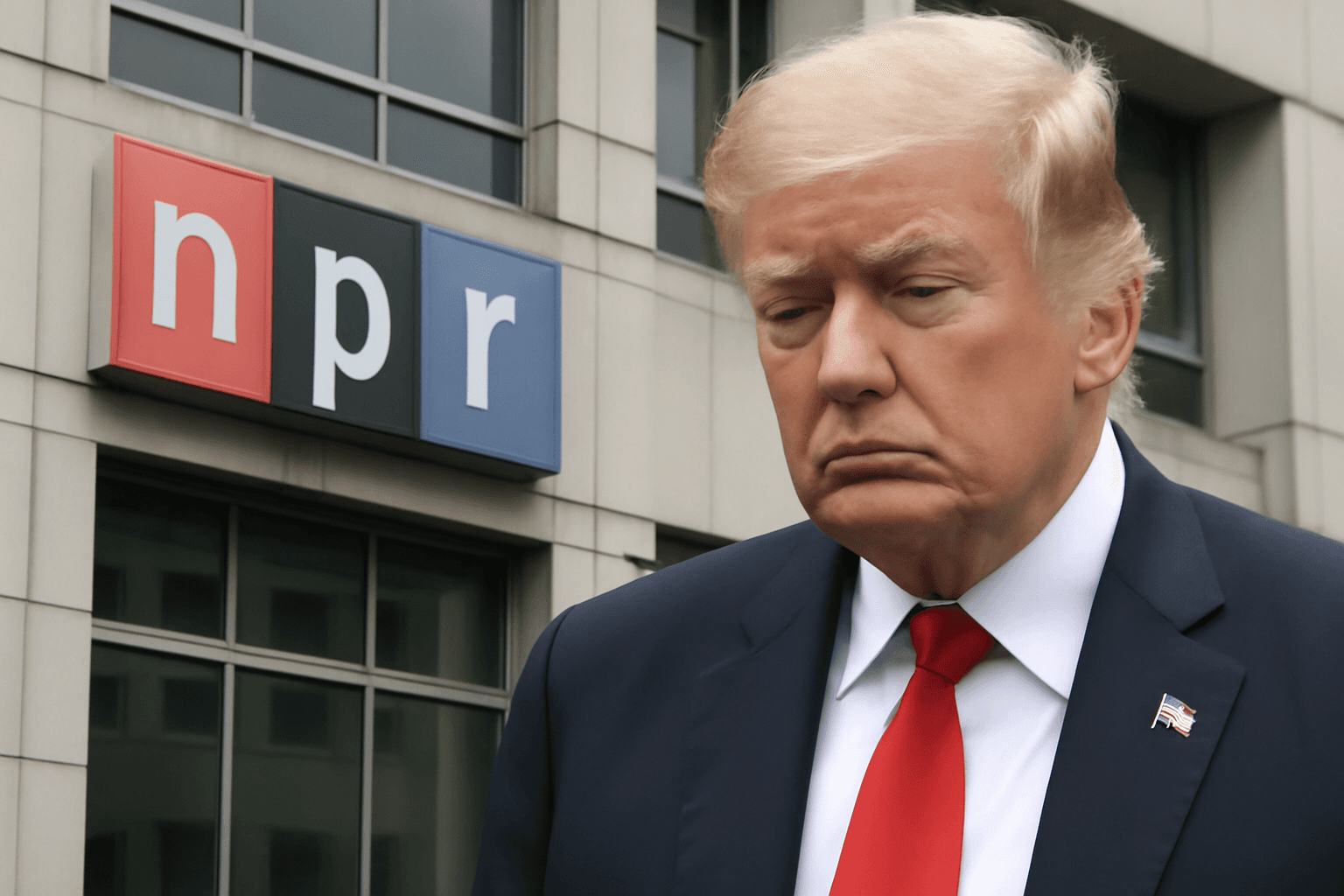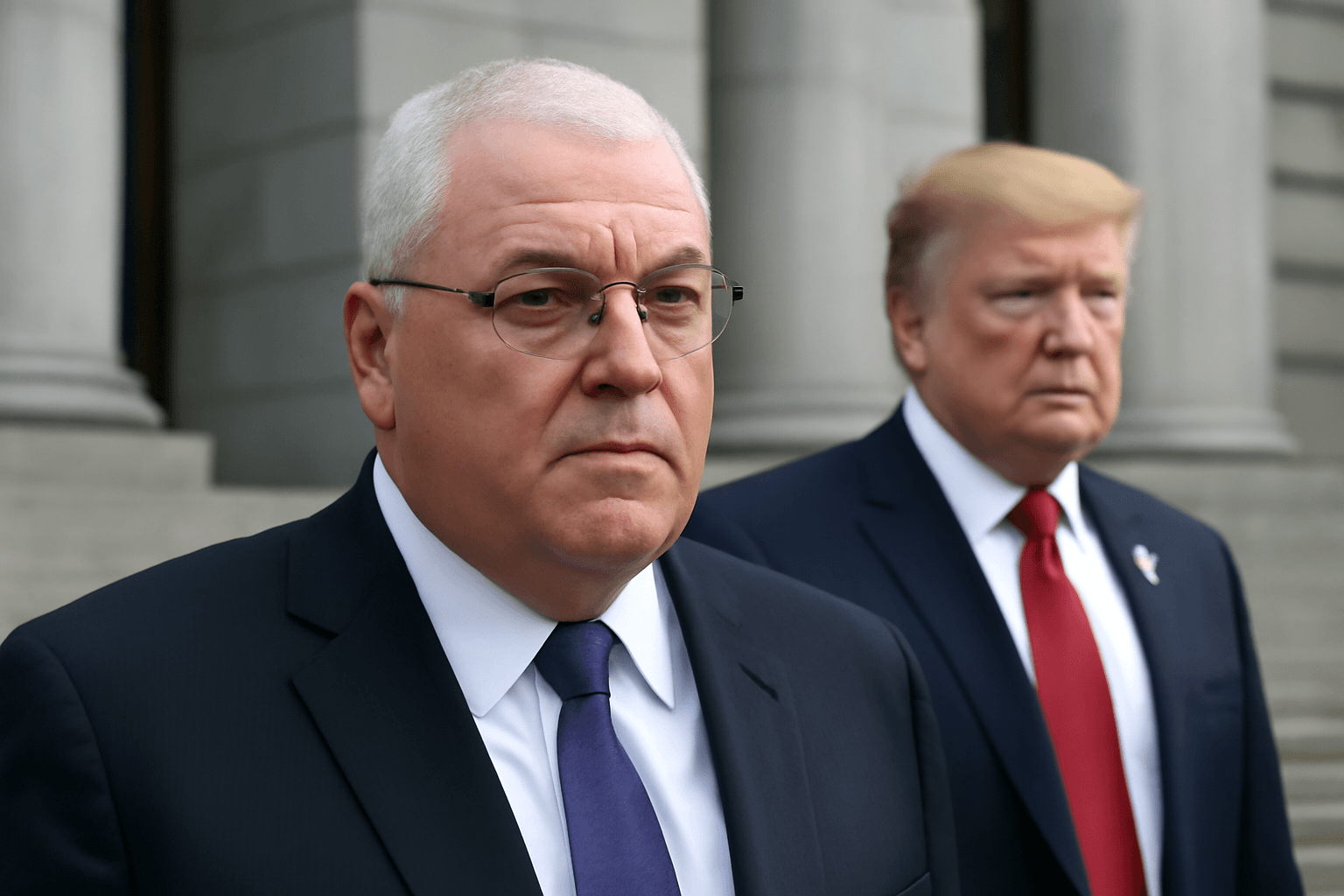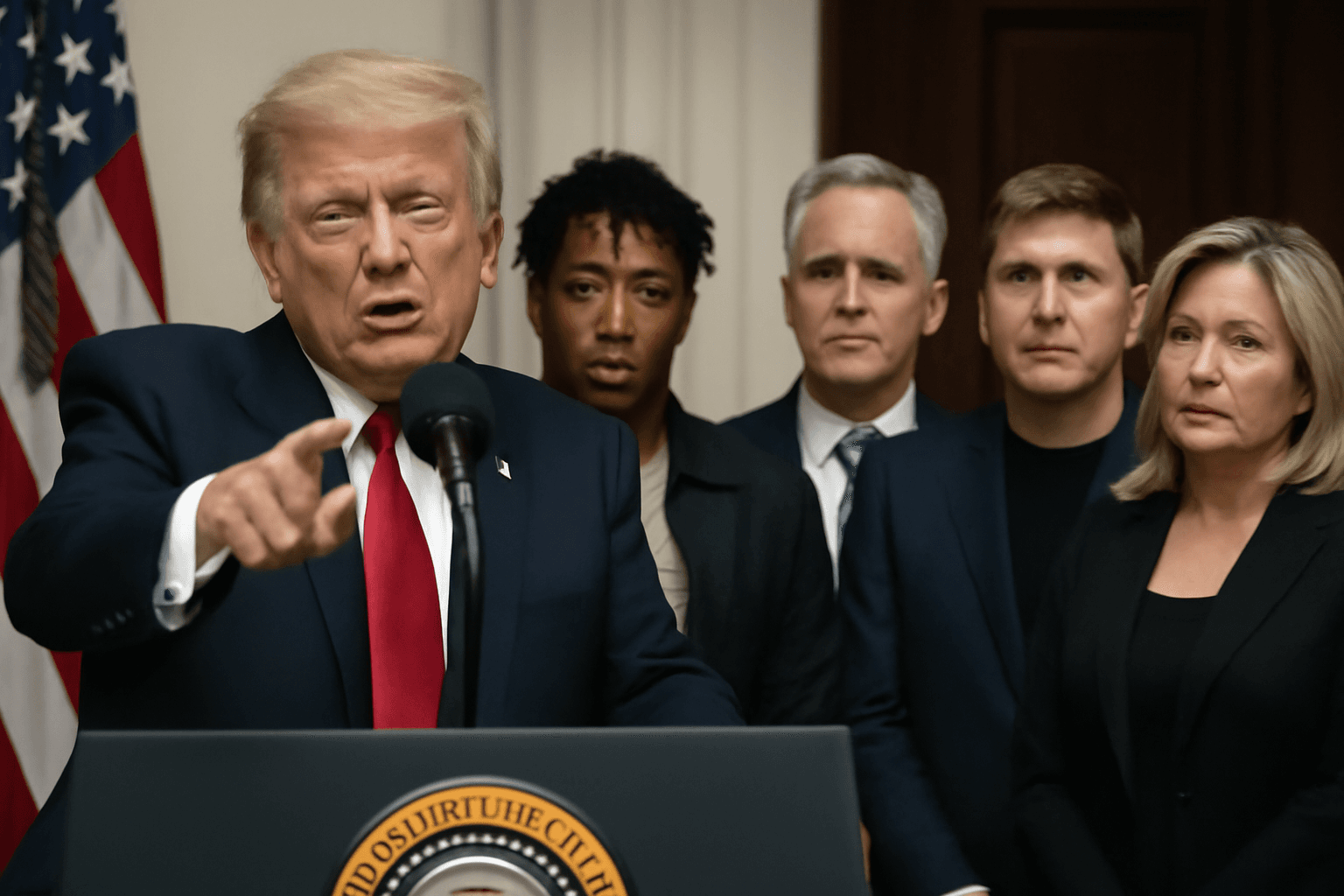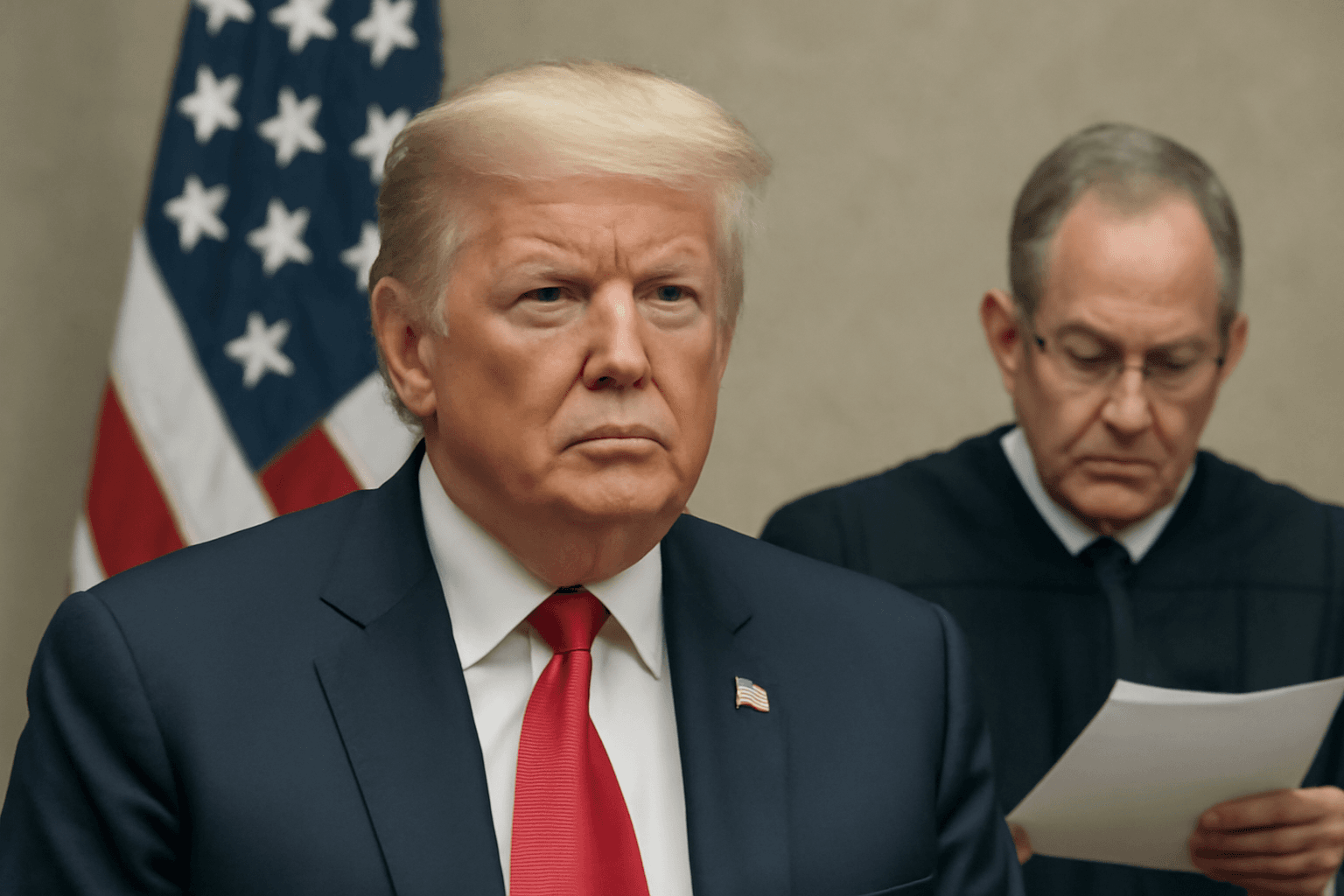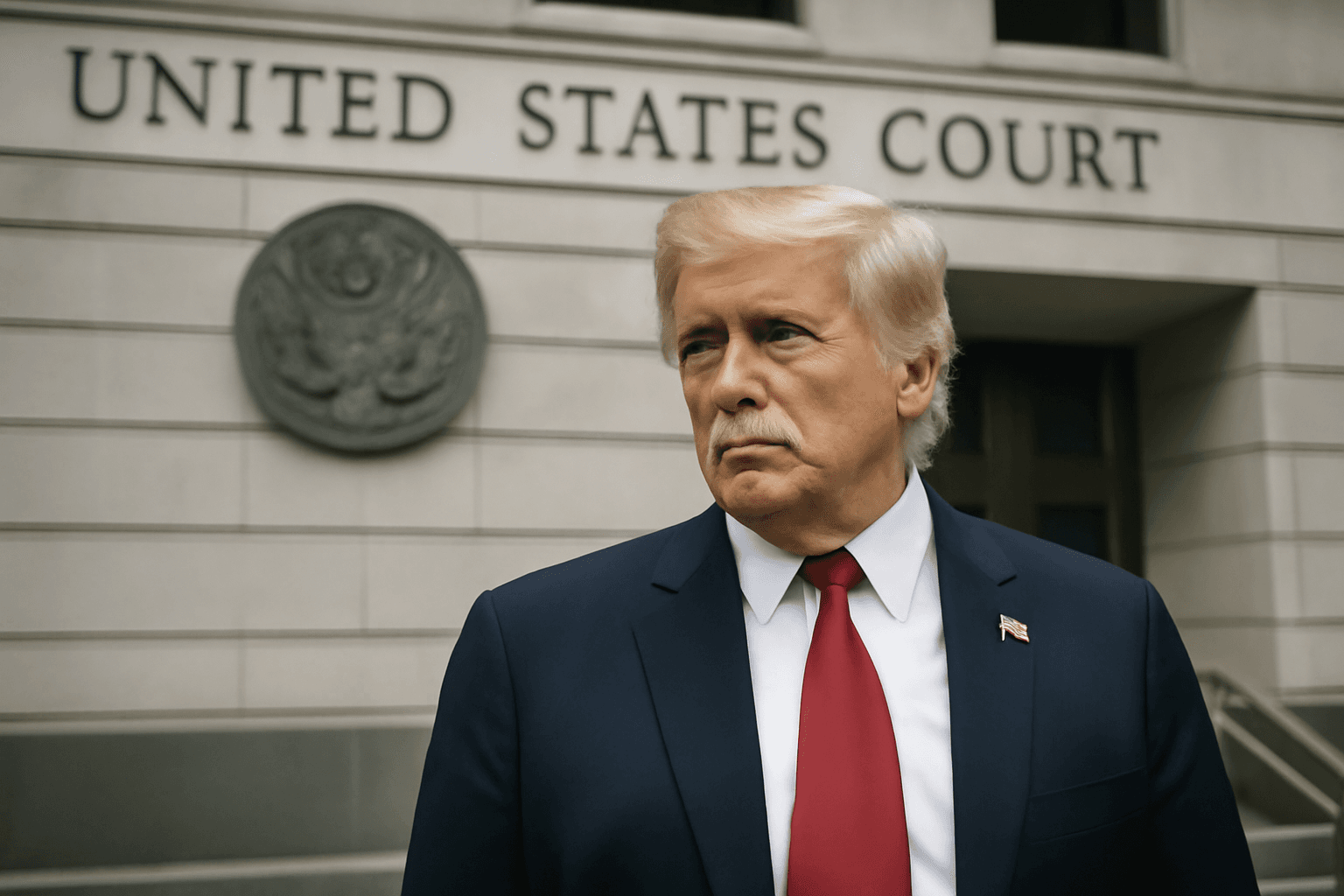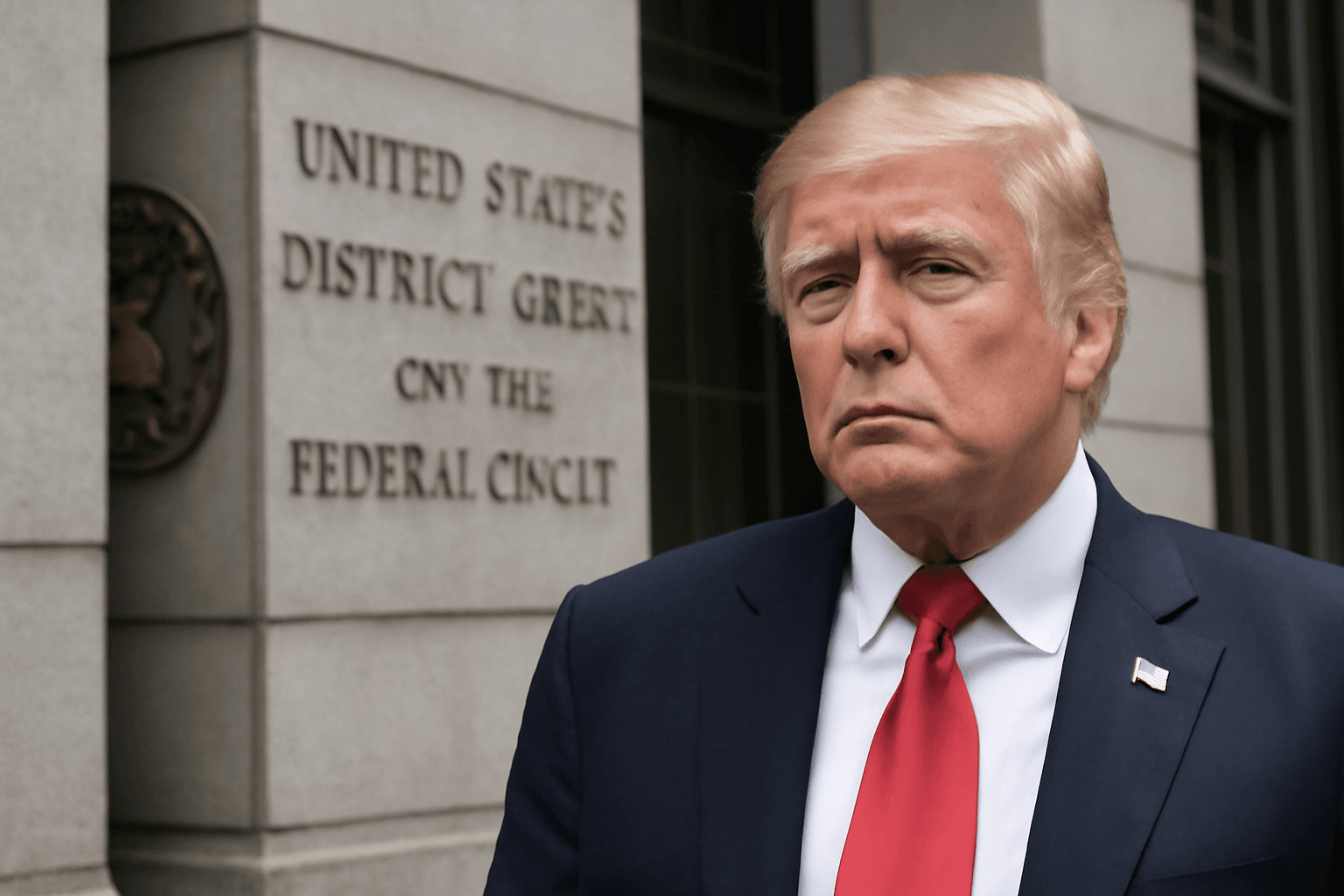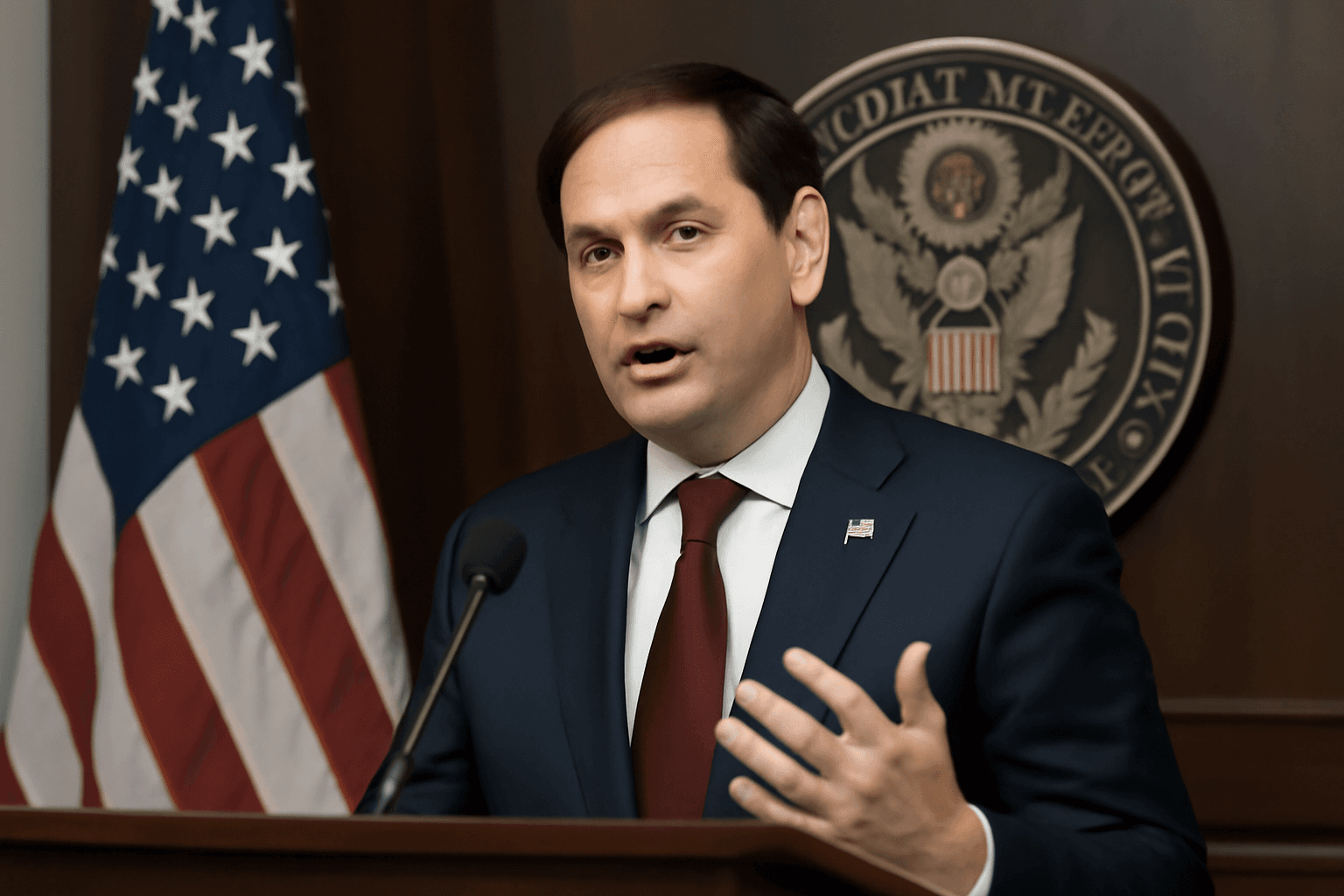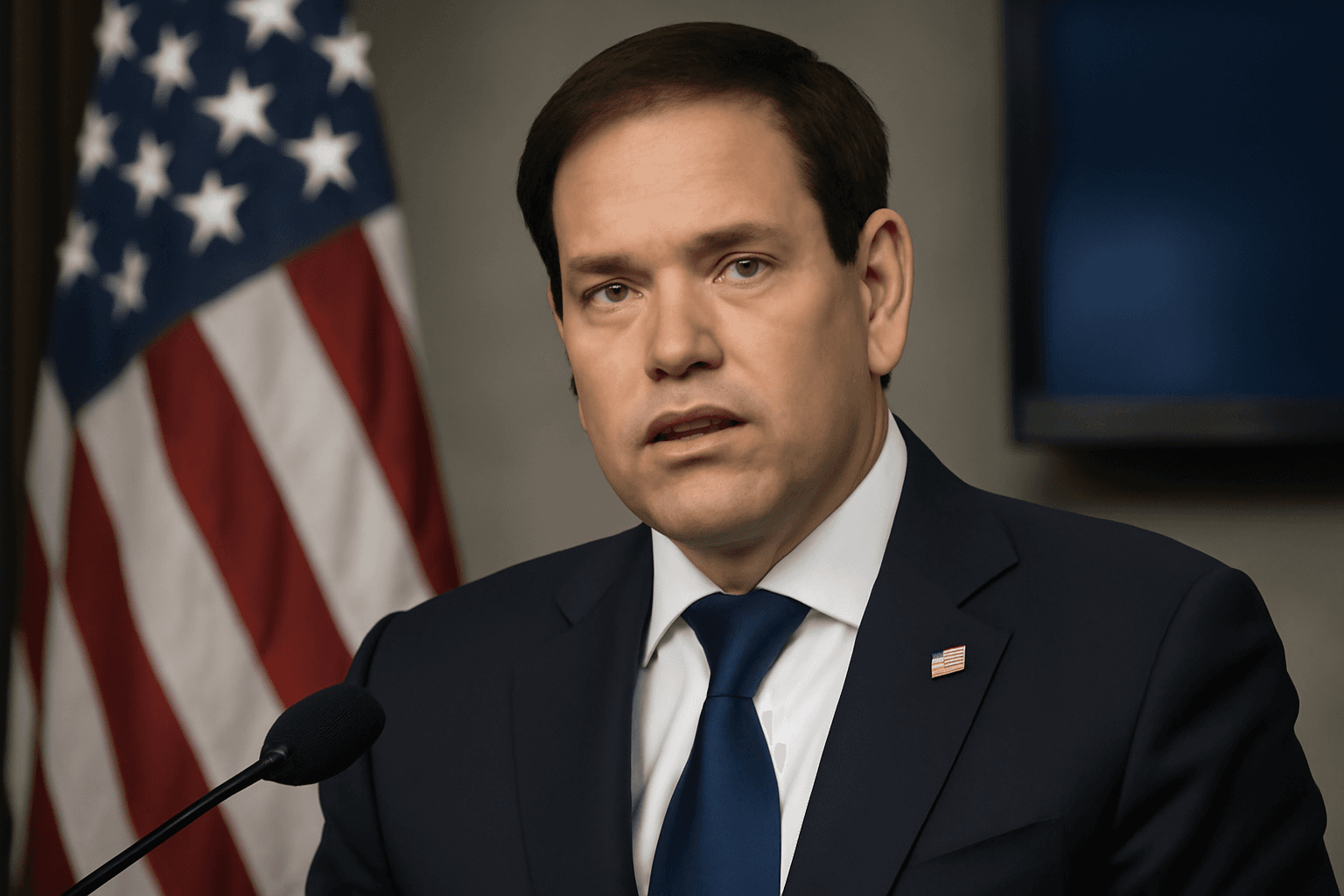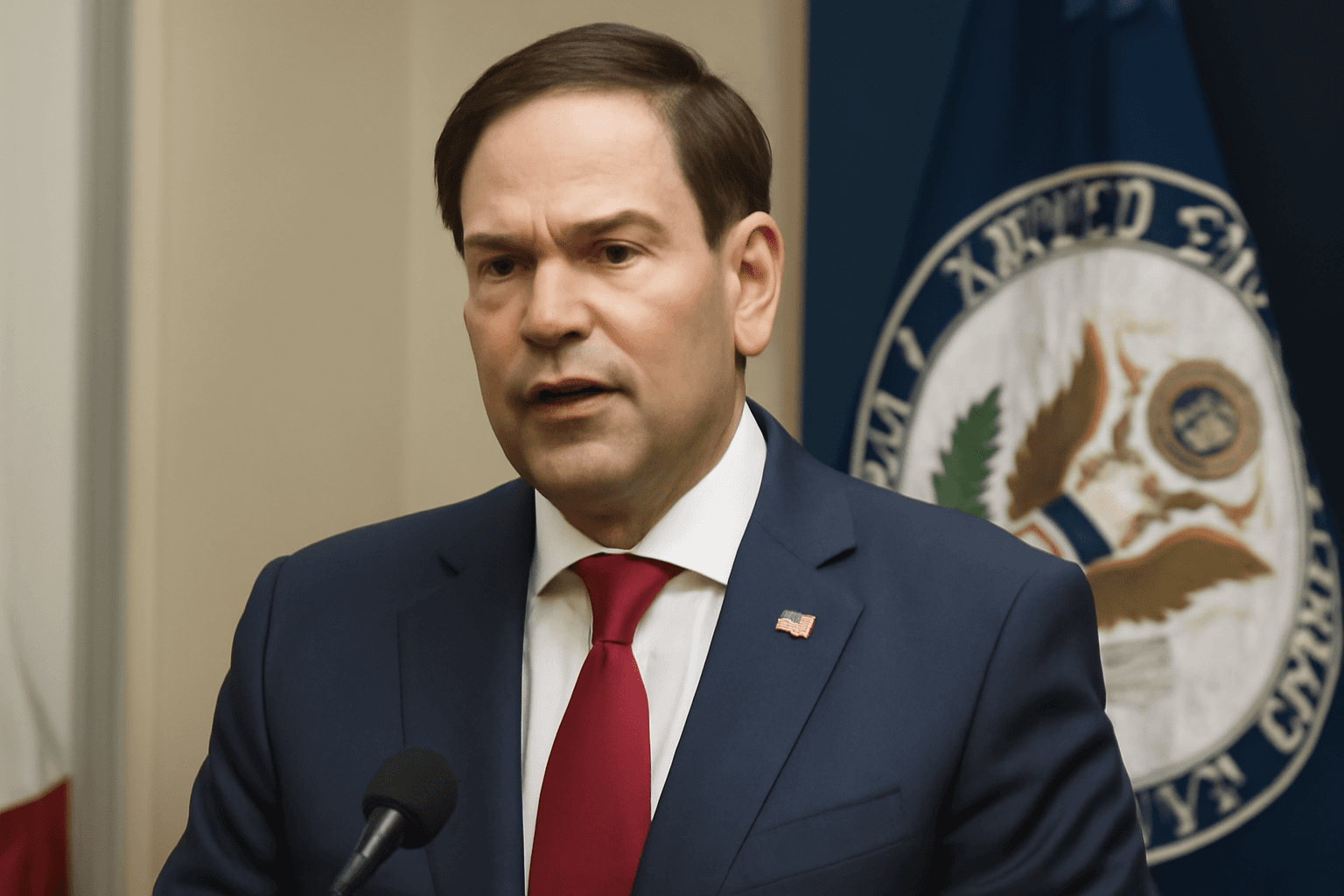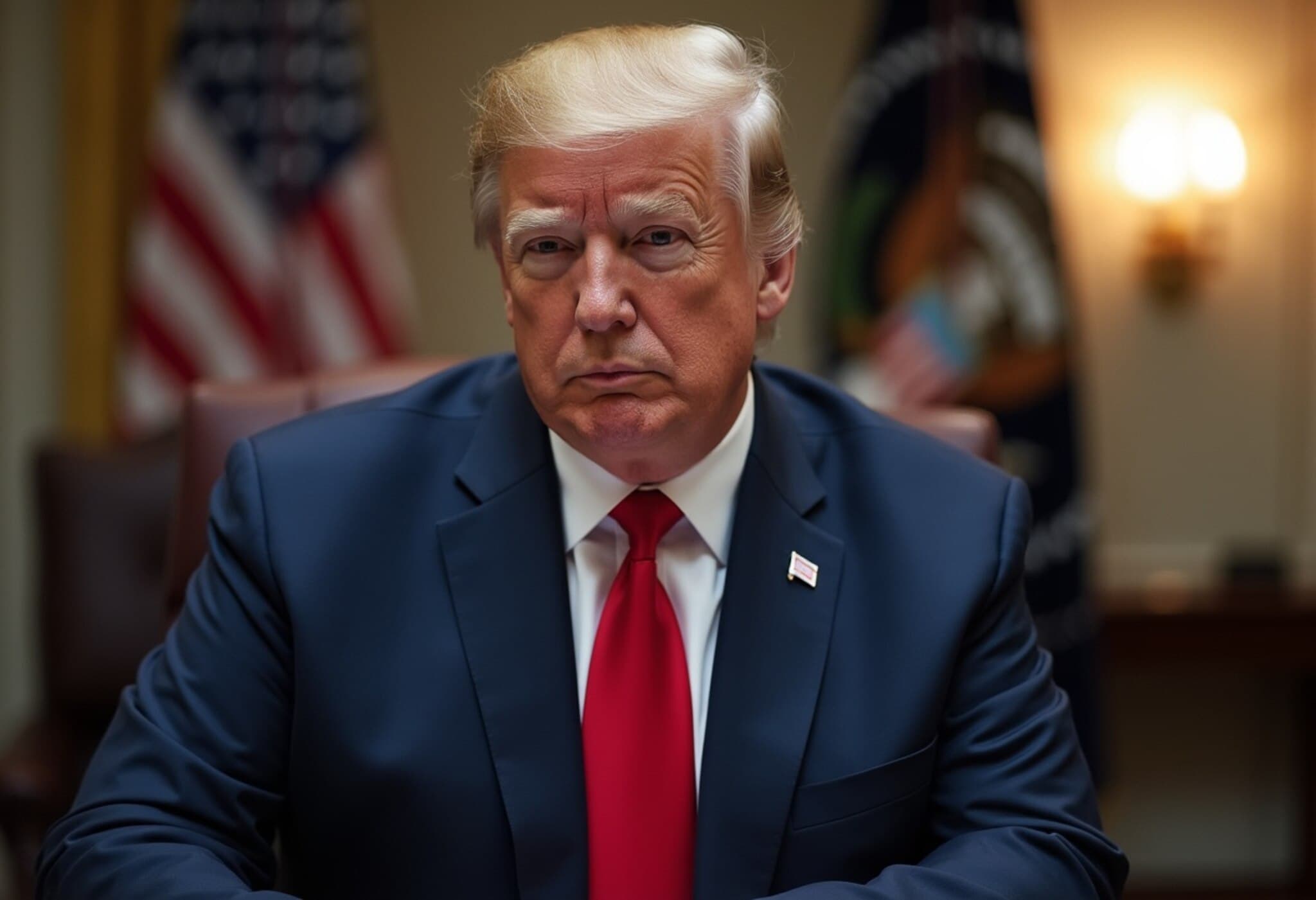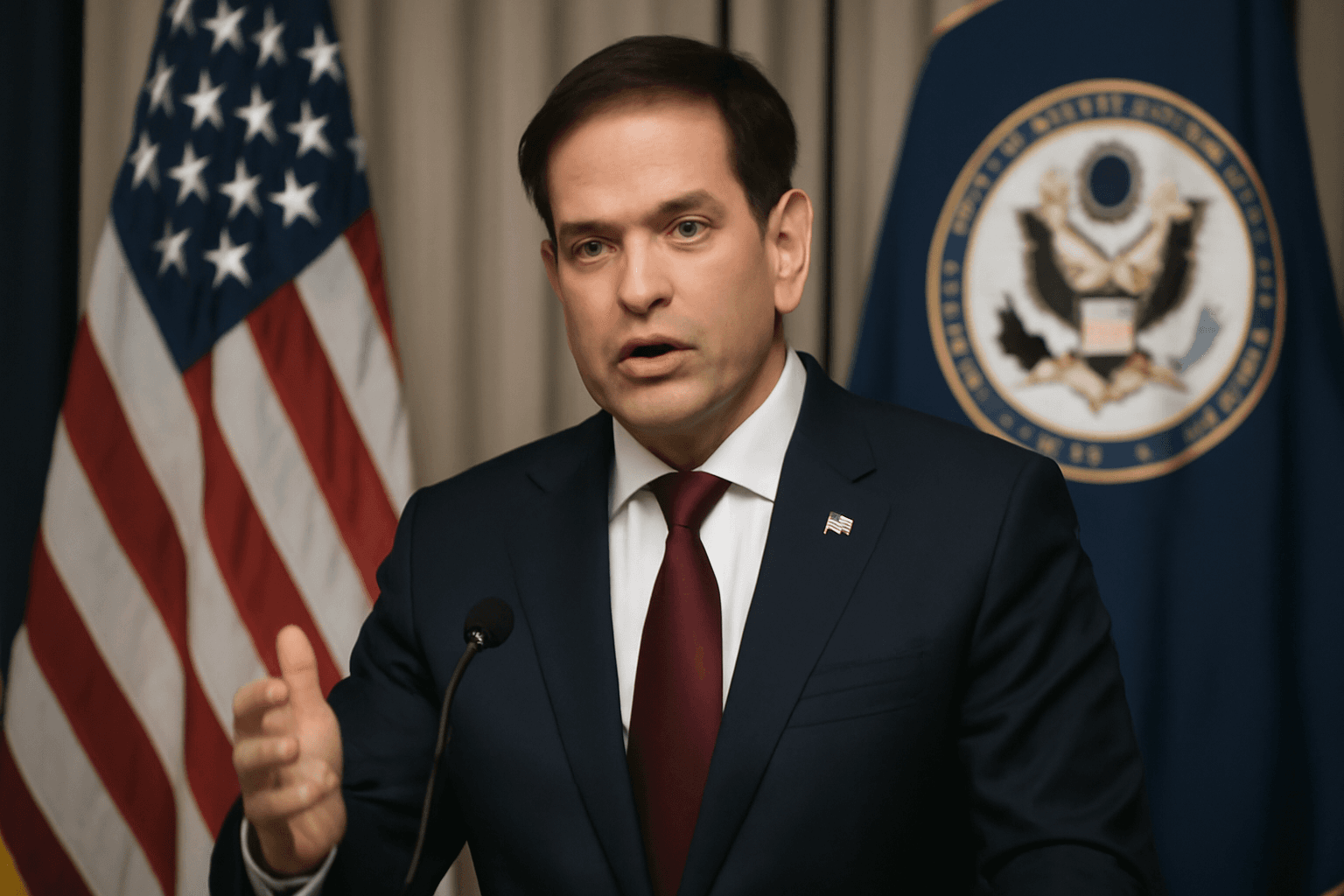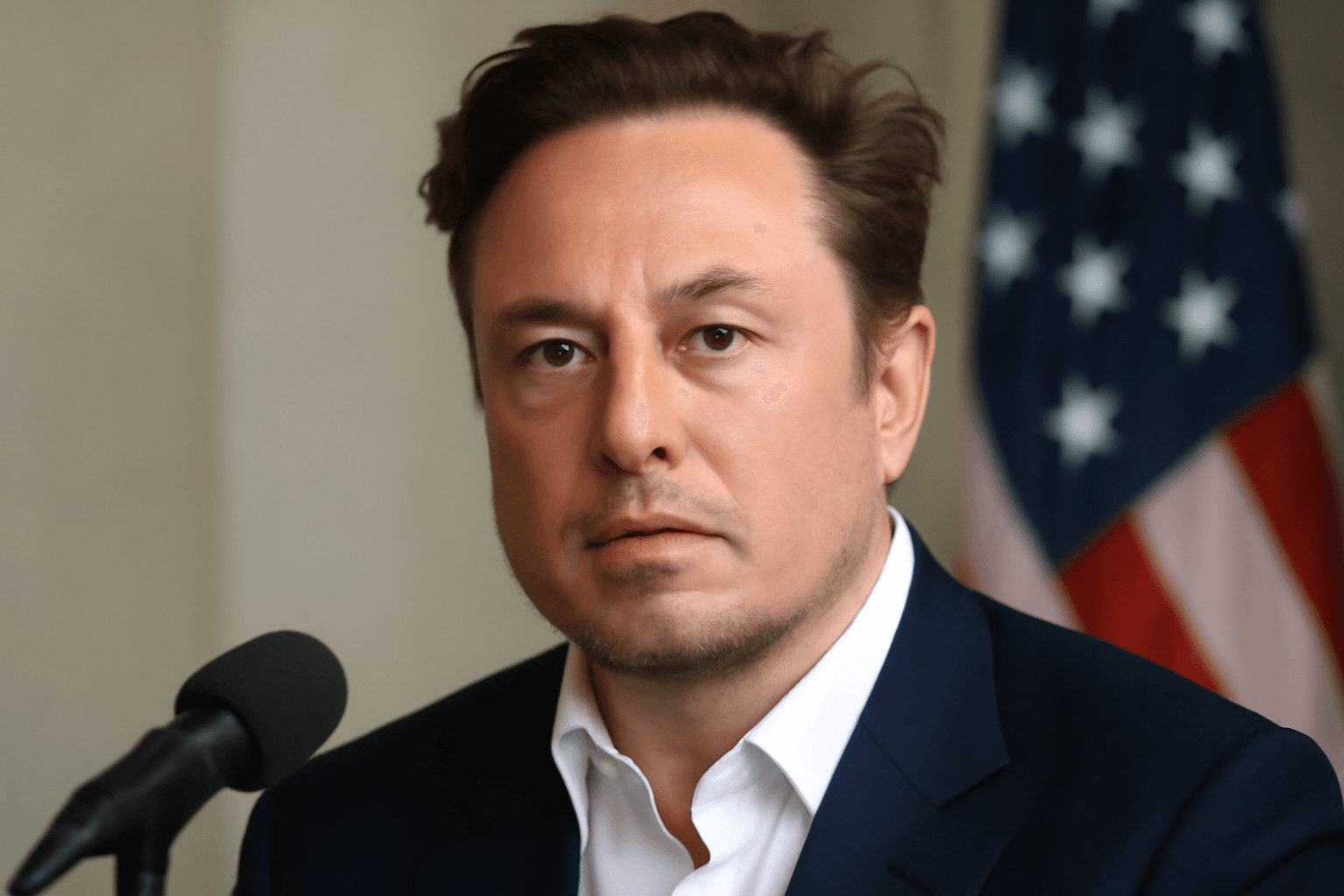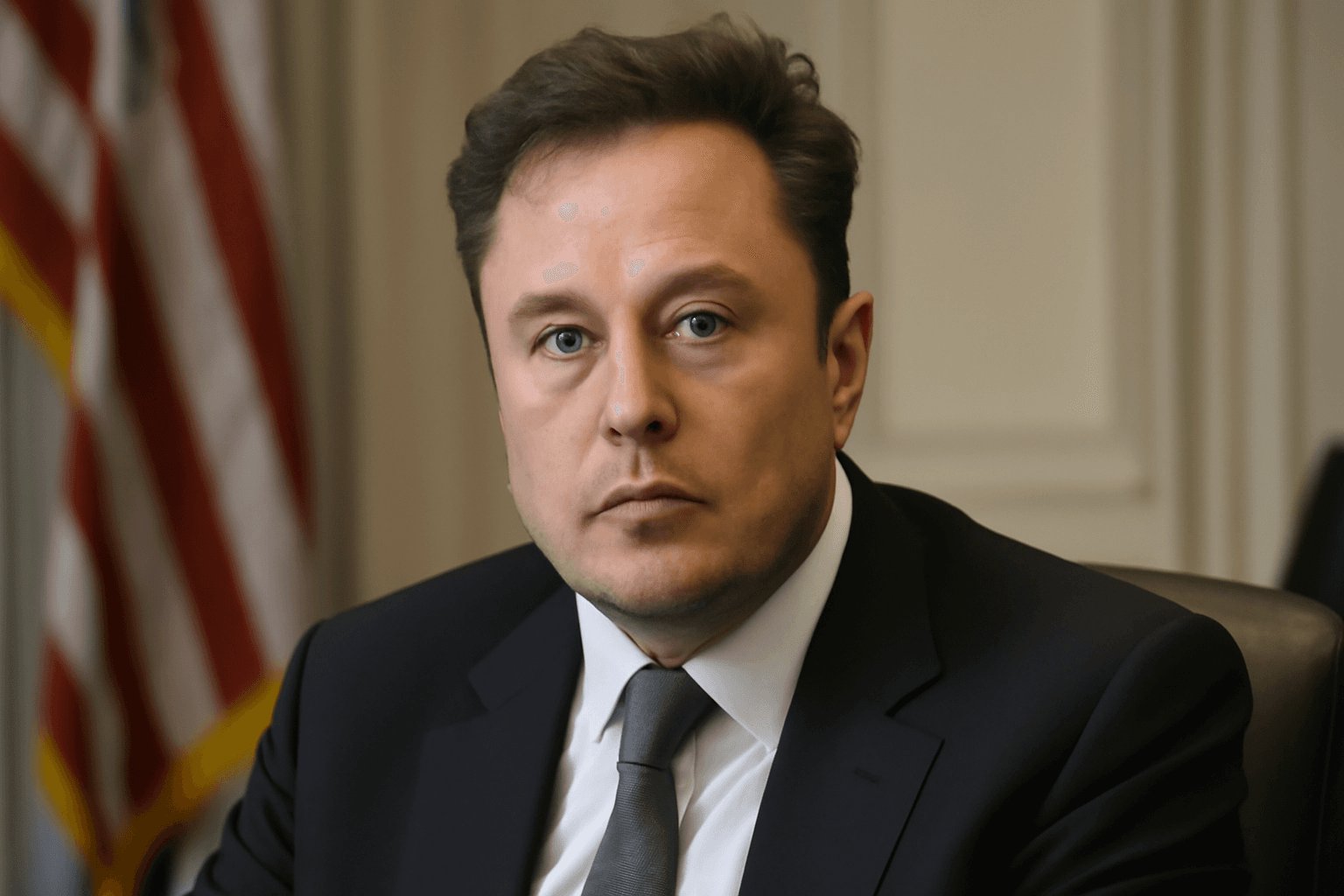The Public Broadcasting Service (PBS) has filed a lawsuit against former President Donald Trump, seeking to prevent an executive order aimed at terminating federal funding for the public broadcaster. The legal action was initiated by PBS along with a member station in Minnesota, following a similar lawsuit filed by NPR against the Trump administration just days earlier.
The executive order, issued on May 1, directs the Corporation for Public Broadcasting (CPB) and all federal agencies to halt funding to both PBS and NPR. It criticized these public media organizations for allegedly failing to provide "a fair, accurate, or unbiased portrayal of current events" to taxpayers.
In response, PBS's lawsuit argues that the U.S. Constitution and longstanding federal law prohibit the president from unilaterally defunding PBS or controlling its programming content. Specifically, the lawsuit cites statutes that forbid any governmental department or official from supervising or controlling the CPB or its grantees, including publicly funded telecommunications entities.
Legal representatives for PBS reject the executive order’s claims, emphasizing that it constitutes "blatant viewpoint discrimination" and represents an unconstitutional infringement on free speech and press freedoms. They assert that the order is a retaliatory measure driven by displeasure with the organizations’ editorial decisions and news coverage.
A PBS spokesperson highlighted the necessity of legal intervention to preserve public television’s editorial independence and safeguard the autonomy of its member stations.
The case underscores ongoing tensions about federal involvement in public media funding and the protection of journalistic integrity within publicly supported broadcasting entities.

